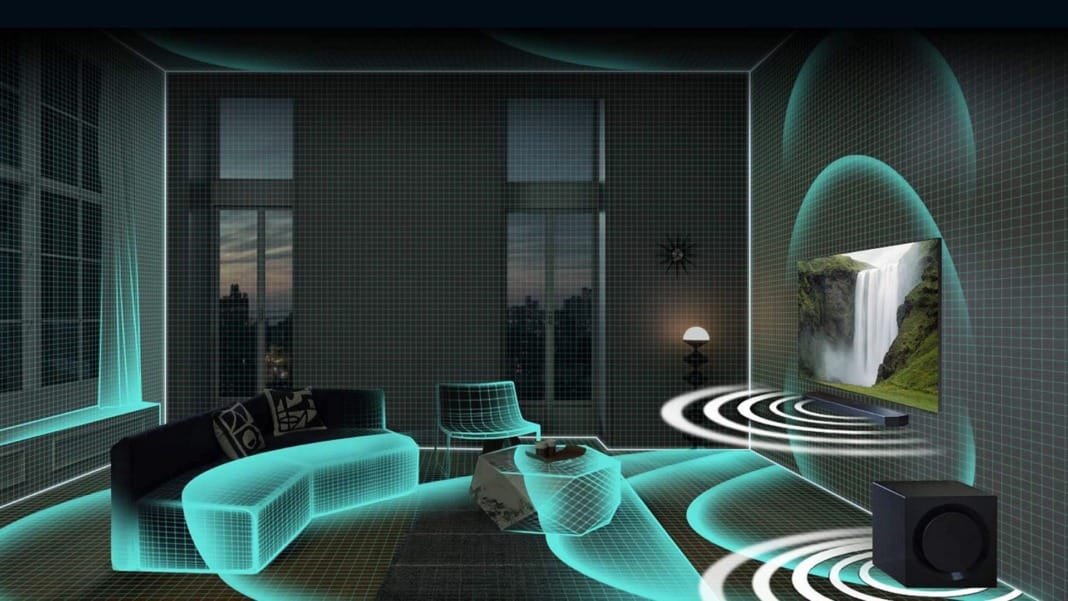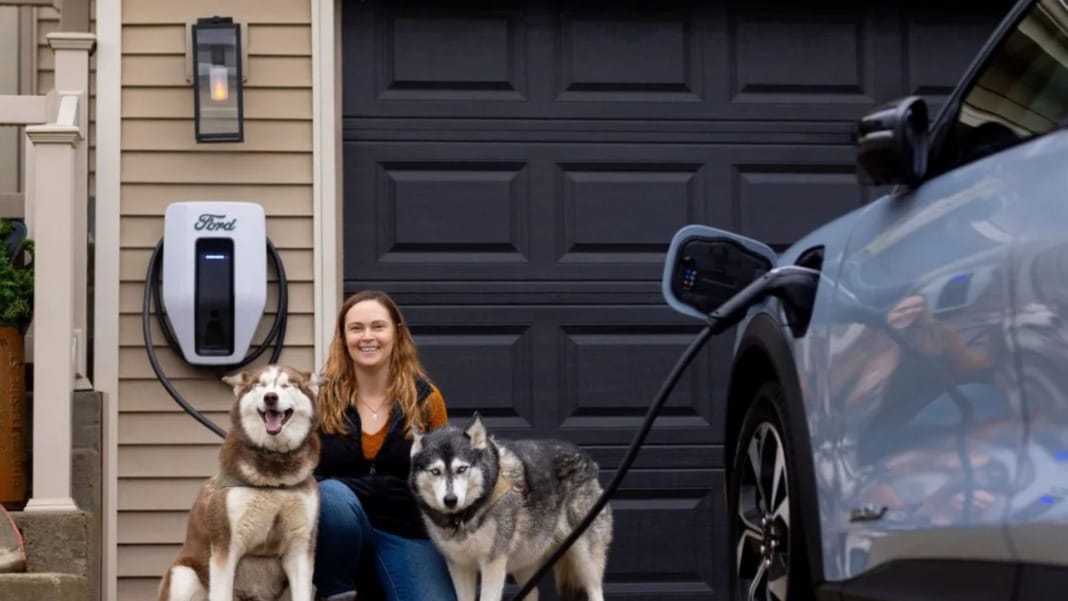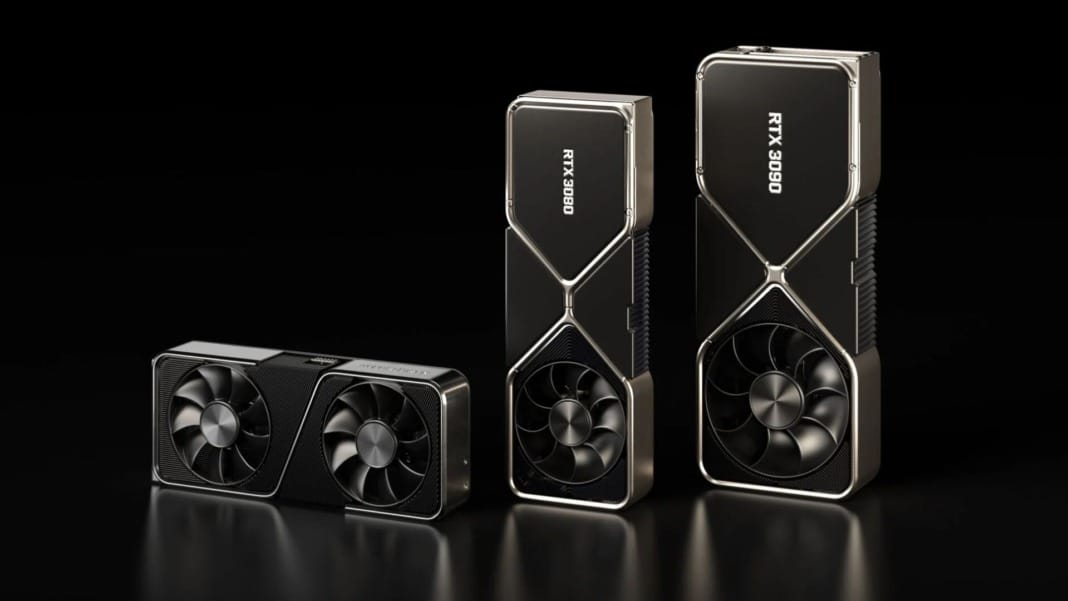Samsung and Google are entering the world of 3D audio with their new format, Eclipsa Audio, which aims to rival Dolby Atmos. Set to launch later this year, this open-source audio technology will deliver immersive 3D sound experiences on select YouTube videos and Samsung’s upcoming 2025 range of TVs and soundbars. This marks a significant move for Samsung, which has a history of championing its alternatives to industry standards, such as HDR10 Plus instead of Dolby Vision HDR.
With Eclipsa Audio, the goal is to provide a cost-effective, royalty-free option that could disrupt Dolby Atmos’s dominance. Samsung claims the format offers advanced 3D audio features, such as dynamic sound placement, intensity adjustments, and spatial reflections, designed to enhance the listener’s experience.
A partnership that started with innovation
This innovation stems from a partnership between Samsung and Google, announced in 2023. The project was called Immersive Audio Model and Formats (IAMF). Samsung’s spatial audio lead, WooHyun Nam, described it as “a complete open-source framework for 3D audio, from creation to delivery and playback.”
The IAMF framework has since gained support from the Alliance for Open Media (AOM), a coalition formed in 2015 to promote royalty-free codec standards. The group includes tech giants like Amazon, Apple, Microsoft, Netflix, Samsung, and Google. The widespread adoption of the IAMF spec within AOM could accelerate Eclipsa Audio’s success, much like the group’s previous push for the AV1 video codec, which eventually gained traction after years of development.
Certification for consistent quality
To ensure Eclipsa Audio maintains high-quality standards, Samsung and Google are working with the Telecommunications Technology Association (TTA) to create a certification program. This system mirrors how companies like Dolby and THX certify and label their specifications.
Samsung and Google’s focus on creating a robust ecosystem for Eclipsa Audio could help it become a viable alternative to Dolby Atmos. With CES 2025 just around the corner, more details about Eclipsa Audio are expected to emerge.
Stay tuned to see how this collaboration unfolds and whether Eclipsa Audio will reshape the 3D audio landscape.





